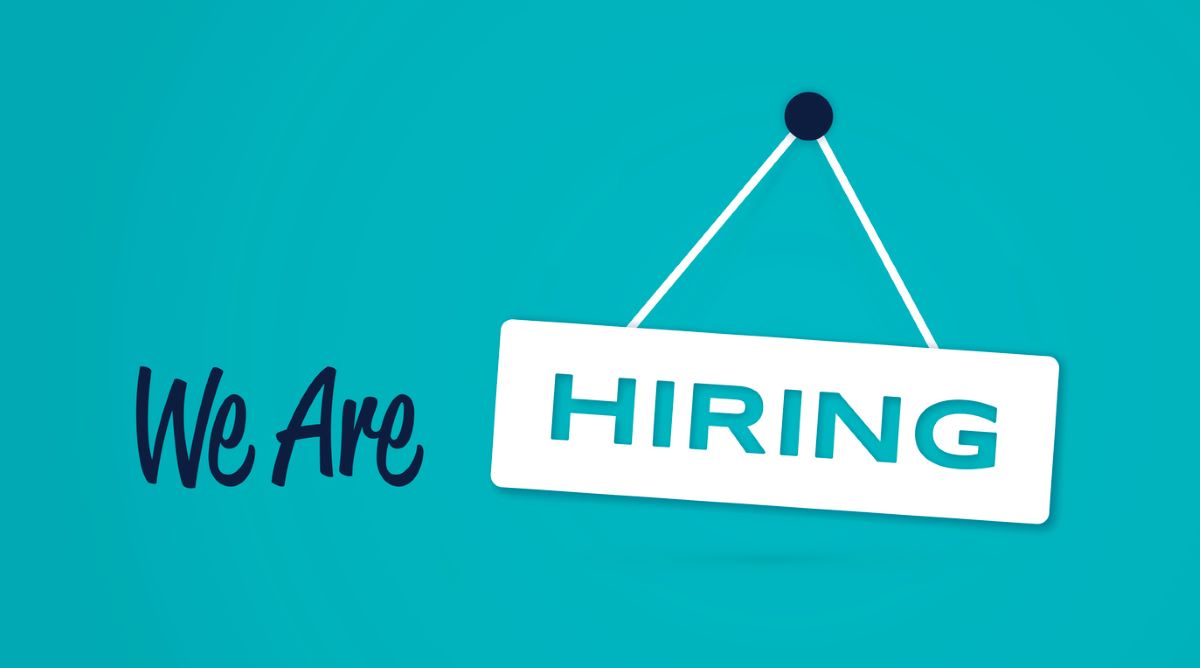How HR pros are navigating ‘The Great Resignation’
With more than 10 million unfilled jobs in the United States, a new report finds that companies are going to great lengths—and foregoing traditional qualifications such as job experience—to land talent.

You can have the nicest ship in the world, but without the right crew, where will you go?
That’s the conundrum many companies are facing right now, as they desperately scramble to fill their vessels with able hands to keep the content and cargo flowing. Amid ongoing labor shortages, a rising tide of turnover and choppy recruiting waters, it’s a challenge just to stay afloat.
According to Jobvite’s 2021 Recruiter Nation Report, which gathered responses from more than 800 U.S.-based recruiters and HR professionals, 39% of organizations are trying to increase staffing levels and hiring rapidly. That’s a 13% jump since last year. An additional 59% report their organizations have experienced increased turnover since the onset of the pandemic.
These remarkable times are pushing companies to rejigger recruiting processes and retention strategies. According to the report, nearly 80% of recruiters’ priorities have shifted over the past year, and 40% have increased recruiting budgets. Meanwhile, 54% plan to outsource more jobs to freelancers, and 40% plan to make more internal hires.
Jobvite’s report emphasizes the fact that companies unwilling or unable to adapt to this historic moment of upheaval will struggle to attract high-quality talent moving forward. That means embracing flexibility—and getting serious about creating a culture that speaks to employees’ deeper desires and preferences. Sixty percent of recruiters believe organizations will lose high-quality employees if they do not transition to a remote-first culture, while 40% said candidates have turned down an interview or job offer due to an organization’s lack of diversity.
“Companies are experiencing a new kind of worker revolution where candidates and employees feel empowered to choose a job where they feel supported and valued,” said Kerry Gilliam, VP of marketing at Jobvite. She adds:
“The pressure is on for organizations to respond to these challenges by leveraging the right strategies that quickly get talent through the door—and embracing initiatives that align with candidates’ values and priorities.”
How to do that? Gilliam says companies must embrace “agility in recruiting” to fill roles more efficiently. That might mean foregoing traditional screening qualifications such as previous experience—or banishing other unnecessary recruiting barriers.
Employees now hold the cards
For employers, Jobvite’s report should be a sobering reminder that workers now have the upper hand when it comes to negotiating salaries, schedules and workplace terms. Three out of four recruiters report an increase in candidates and current employees negotiating for higher wages, which is 20% higher than Jobvite’s data from last year. Also, 56% report that average salaries have also increased in 2021.
The report also reveals other important takeaways:
Hiring trends and challenges
- 65% of recruiters report increased stress levels, with one in five reporting a “drastic” increase in stress.
- 47% said lack of skilled/qualified candidates is the biggest concern in hiring high-quality talent.
- 57% believe lack of work-from-home policies make it harder to attract potential candidates.
- In the past year, 54% of recruiters have seen candidates turn down an interview or job offer due to a lack of flexibility and remote work options in the workplace.
- 60% believe organizations will lose employees if they do not transition to a hybrid, fully remote, or remote-first culture.
Candidate evaluation
- Just 28% of surveyed recruiters prioritize “cultural add” when considering a job candidate, down from 83% in 2017.
- Employee referral (31%) and previous job experience (62%) have also drastically diminished in importance when evaluating a candidate.
- 20% said participating in viral challenges or dances would negatively impact their decision to move forward with a candidate.
Diversity, equity & inclusion
- 49% said job seekers are inquiring about DE&I initiatives more than they did in the previous year—up 16% from 2020.
- 61% of companies are putting more emphasis on diversity than they did in 2020.
- However, 20% of organizations have no specific goals for improving diversity.
Social media in recruiting
- At 68%, Facebook is still the most-used social media channel for recruiting.
- 45% of recruiters use Instagram, an increase of 28% since 2017.
- Snapchat (20%) and TikTok (16%) continued upward momentum as recruiting tools.
To read more about the challenges recruiters, HR pros and companies are facing today, read Jobvite’s full report.







